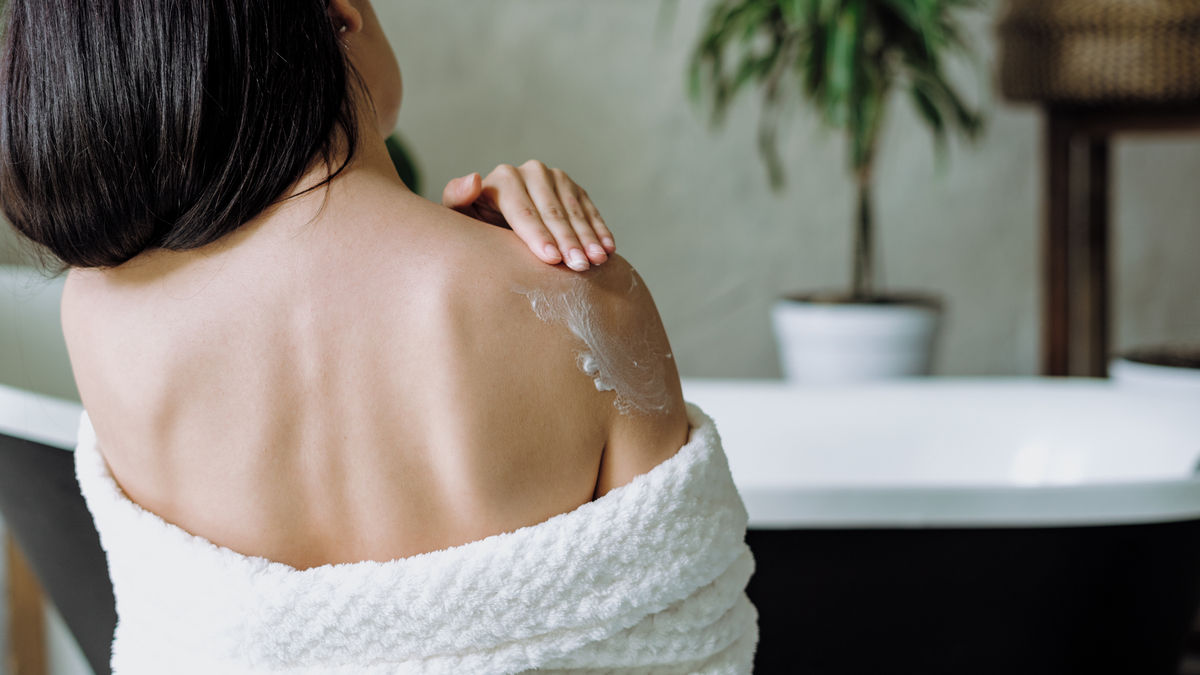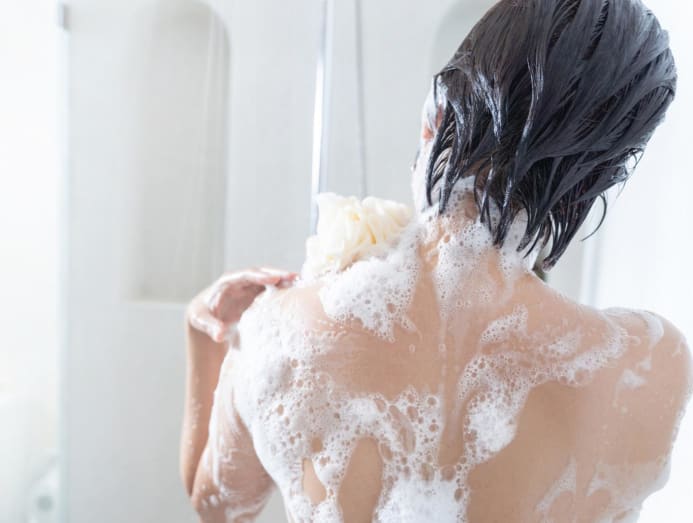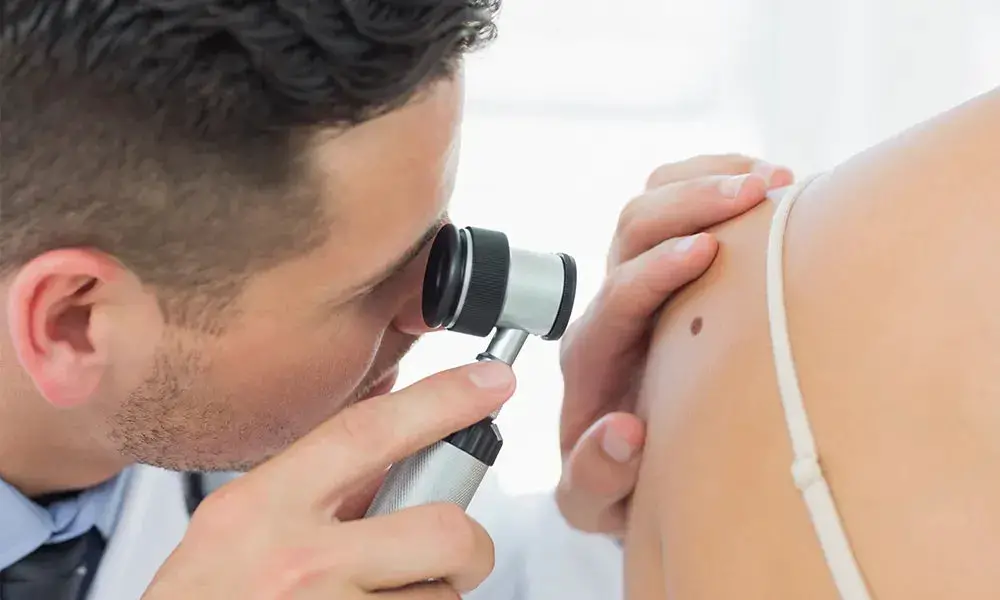Antifungal Soap for Intimate Areas: Avoid Infections Safely
As a professional beautician, it is crucial to understand the nuances of personal hygiene products, especially when it comes to intimate care. Among these, antifungal soap for intimate areas stands out due to its essential role in maintaining health and preventing infections. In this article, we will delve into why using specialized products like antifungal soap is vital, and how you can educate your clients on its benefits.

Why Opt for Antifungal Soap for Intimate Areas?
The intimate area is susceptible to a variety of infections due to moisture, warmth, and restricted airflow. This creates an environment conducive to the growth of fungi and bacteria. **Antifungal soap** is specifically formulated to address these concerns, offering a gentle yet effective cleansing option that regular soap cannot provide. For beauticians, advising the use of such a product could significantly enhance client care routines, especially for those prone to infections.
Addressing Common Misconceptions
There are several misconceptions surrounding the use of antifungal soaps. Some believe these products are too harsh for sensitive skin, while others doubt their necessity for personal hygiene. However, these soaps are designed with a balanced pH to maintain the natural flora and prevent irritation, making them suitable even for sensitive skin types. It is important to communicate these benefits to your clients to dispel myths and encourage better hygiene practices.
Features to Look for in Antifungal Soap
When recommending an antifungal soap for intimate areas, its essential to know which features make a product effective. Look for ingredients like tea tree oil, which is renowned for its natural antifungal properties, and aloe vera for calming and moisturizing effects. These ingredients not only target fungi but also soothe the skin.
Formulated for Sensitive Skin
Many antifungal soaps incorporate gentle ingredients that cater to sensitive skin. This formulation ensures that frequent use does not lead to irritation or dryness, making it ideal for daily use. Beauticians should guide their clients on selecting products enriched with such skin-friendly components for optimal comfort.

Educating Clients and Enhancing Their Routine
As a beautician, you have the opportunity to foster trust by sharing invaluable knowledge with your clients. Guide them through the benefits of **antifungal soap**, and demonstrate how integrating this product into their daily routine can improve their overall wellbeing. Similarly, you can recommend complementary skincare routines, such as [choosing the right body wash](https://www.stylecraze.com/articles/best-body-washes-for-acne/) or [learning the dos and don'ts of showering with acne](https://jilgoormanbeauty.com/blog/the-dos-and-donts-of-showering-with-acne/) to provide a holistic approach to skin health.
FAQ Section
Can antifungal soap be used daily?
Yes, most antifungal soaps are designed for daily use and are gentle enough for regular application. They maintain skin health by balancing the skins natural oils and fighting infections.
What if my client has sensitive skin?
For clients with sensitive skin, its advisable to start with a patch test. Look for products that contain moisturizing and calming ingredients like aloe vera which help minimize the risk of irritation.
How do antifungal soaps compare to regular soaps?
Antifungal soaps are specifically formulated to combat fungal growth, whereas regular soaps primarily cleanse. The inclusion of antifungal agents makes them crucial for preventing and treating infections.
This article contains affiliate links. We may earn a commission at no extra cost to you.

